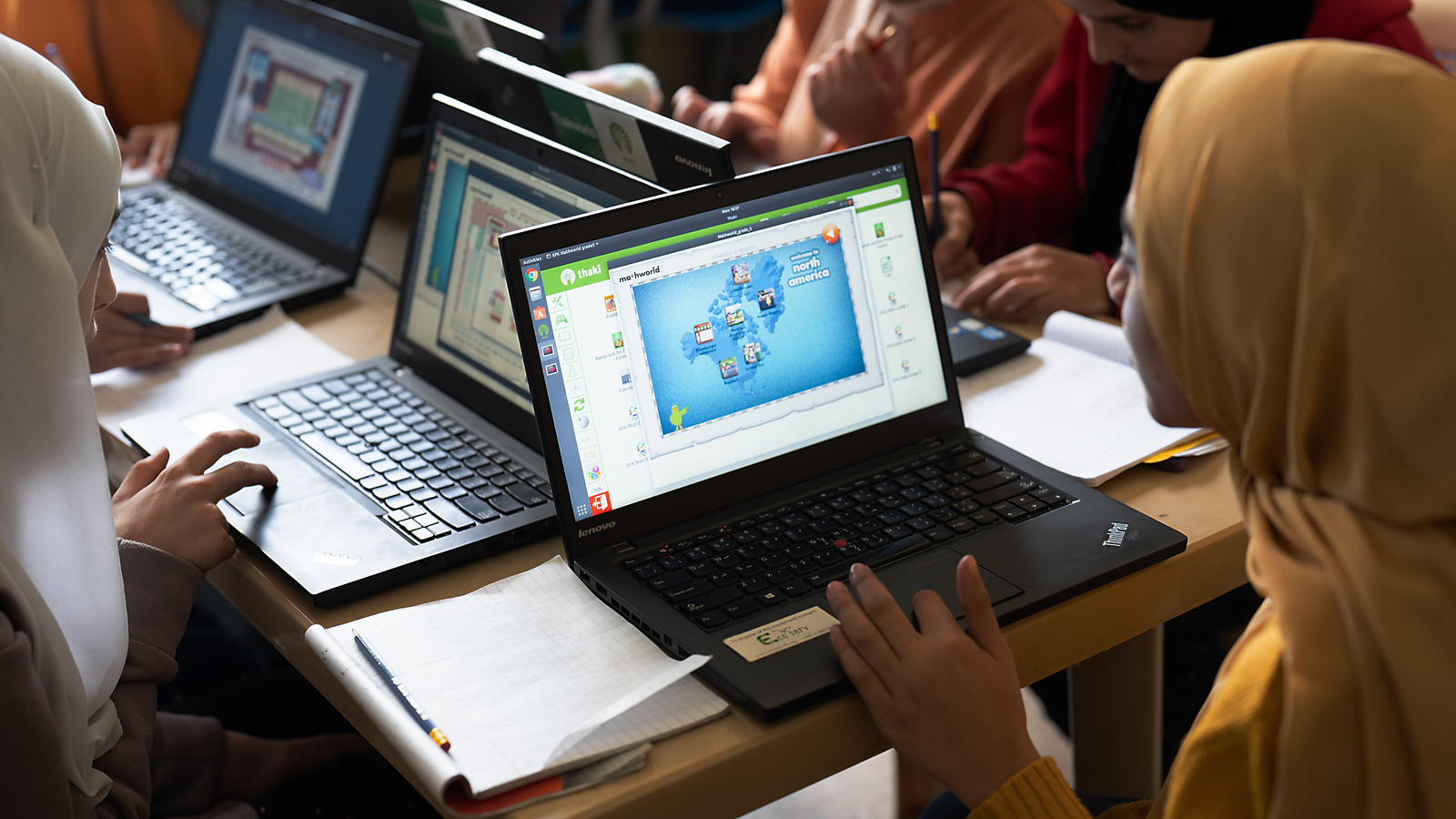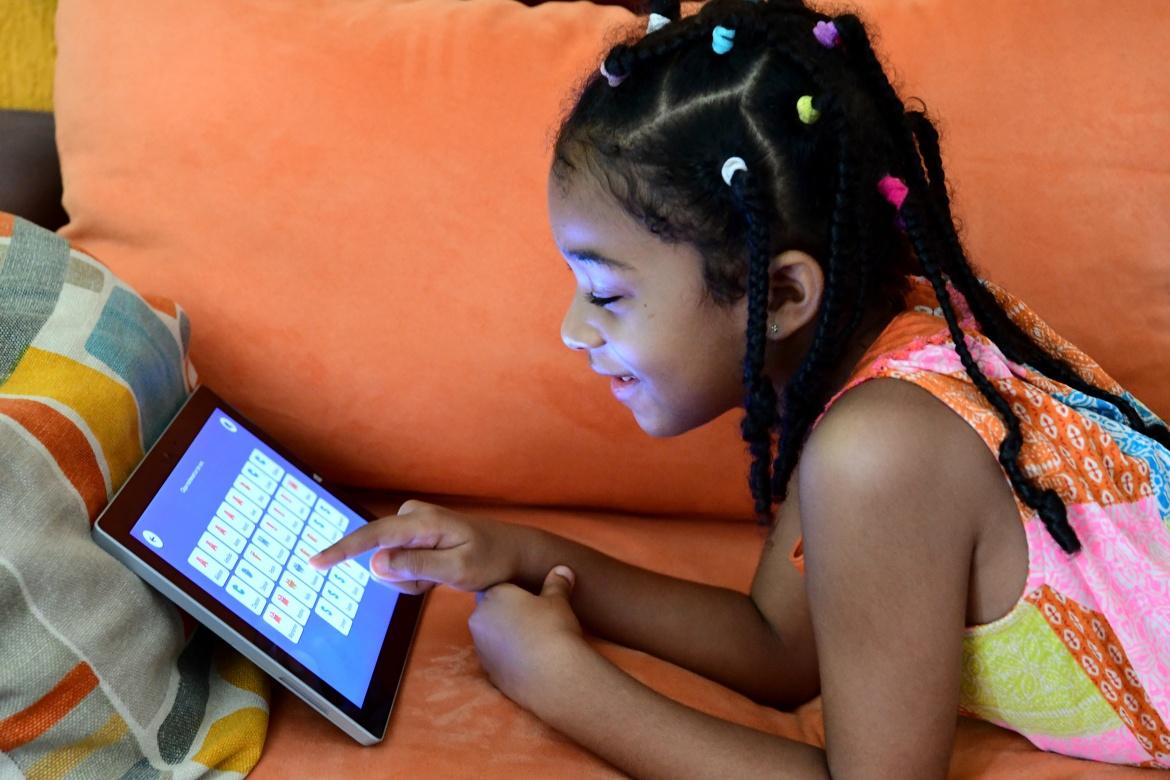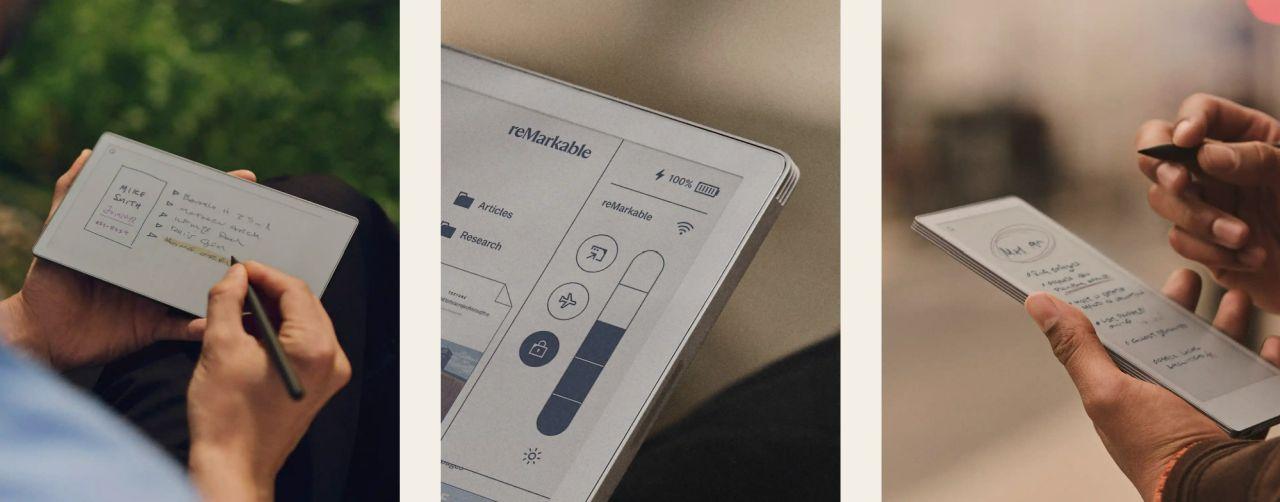
Meet a Solver: Richard Rowe, Free Education Library for Syrians
For Refugee Education Solver Richard Rowe, denying any child an education is a violation of human rights, plain and simple. As the Syrian refugee crisis continues to leave children without shelter or basic resources, education is often placed on the back burner, leaving many children out of the classroom.
That’s why Richard and his nonprofit Open Learning Exchange (OLE) created the Free Education Library for Syrians (FELS) to help solve this challenge. FELS helps provide Syrian youth and organizations that serve Syrian youth with access to Arabic and English multimedia learning resources.
Richard is changing lives every day by providing refugee children the necessary resources to learn and to thrive. Are you ready to change lives every day? Well, what are you waiting for?!
We just launched four new challenges in Brain Health, Sustainable Urban Communities, Women and Technology, and Youth, Skills, and the Workforce of the Future.
Make sure you apply by August 1st for a chance to join our next class of Solver teams.
Richard Rowe's Story:

Q: Tell us your story: How did you first become interested in the work you do?
I first became engaged in efforts to improve basic education while working for three years with the West African Examinations Council. I witnessed poverty and inadequate education firsthand and was pained by the cruel injustices and waste of human talent there, with so many deprived their fundamental right to an education. I experienced how lack of widespread education in a country leads to violence and prevents all of its people from experiencing peace and prosperity. Returning to the States, I continued my efforts to improve educational opportunities for the most disadvantaged while being Associate Dean at Harvard's Graduate School of Education, a member of the Massachusetts State Board of Education, and Founder of the Massachusetts Office for Children.
Q: Did you have a turning point moment that inspired you to think differently about your work?
There have been at least two turning points in my career. The first was my experience living in West Africa. The second was when, as President of the One Laptop Per Child program, I became increasingly sensitized to the danger of seeing technology as a "quick fix." Technology can provide powerful assistance for learning, but it is simply a tool that can be used in many ways, not all of them positive. It became clearer to me that effective learning must first and foremost focus on the value-rich goals of learning. Technologies can then be designed to serve those goals. The OLE was established with that premise as its foundation.
Q: Tell us about your background—professionally, personally, or as a team.
I was born and raised in Iowa and spent a lot of time on my grandparent’s farm. After studying at UC Berkeley, UCLA, Boston University, and Yale, I received my Ph.D. in Clinical Psychology from Columbia University. After my time in Africa and Harvard, I became CEO of a privately held company with $500 million in annual turnover and more than 1,000 employees around the world. After a brief period as President of the One Laptop Per Child Foundation, I founded the OLE to demonstrate and document innovative, scalable and affordable ways to ensure personal, community-centered, connected learning for everyone, everywhere, all the time. We work closely with children and youth, and focus especially on ways to help girls and young women experience power, meaning and connections in their lives.
This is now OLE's 10th anniversary, and it feels like we are just getting started on our time-sensitive goal: ensuring that, during OLE’s second decade, the 100 most poverty stricken nations in the world are moving rapidly toward providing every one of their citizens with lifelong opportunities to acquire the personal values, knowledge, and skills they each need for them, their communities, and their nation to thrive.
Solution Team: Free Education Library for Syrians

Q: What is the specific problem you’re trying to solve with the Free Education Library for Syrians?
Ensuring access to education is critically important for the more than five million Syrians, especially their children and youth, who have fled their country. They have found temporary refuge in multiple countries and now have two separate learning needs. First, to maintain their primary culture and be able to return to Syria in the future, they need learning resources in Arabic that are aligned with Syrian educational goals, cultures and requirements. Second, to adjust to their temporary homes, they need help acquiring the new languages, customs and sources of assistance present in their host countries. The first of these resources can be replicated from one country to another with little or no change. The second requires assistance that is based in the host country.
Q: How are you trying to solve it?
The Free Education Library for Syrians is designed to satisfy both of these requirements by providing an Internet-based resource that can be customized for each country in which Syrian refugees have been given refuge. OLE is satisfying the first requirement by using and expanding upon the Syrian resources it has developed over the past two years in the Tiger Girls program. We have identified senior librarian leaders in several countries who are recruiting nation-based panels of librarians in countries hosting large numbers of Syrian refugees. Initially this includes Jordan, Lebanon, Turkey and Bulgaria. Additional countries will be added as OLE is able to identify volunteer librarians eager to create a collection for their country.
Q: Tell us a story! Who will your solution impact?
While in the UNHCR Zaatari camp in Jordan, where 80,000 Syrian refugees are stranded, I sat with 50 adolescent Syrian girls who members of OLE’s These Inspiring Girls Enjoy Reading (TIGERS) program. I asked them to tell me what they wanted to do when they grew up.
Each of these adolescent refugee girls stood up and spoke about their dreams and goals. They want to be pediatricians, engineers, math teachers, lawyers, clothing designers, and athletic trainers. 40 percent of them want to be in health care; only one said "nurse." 40 percent were interested in education but most had a specific role in mind rather than simply "teacher." I almost began to cry.
Seeing those girls stand up in front of their peers and speak enthusiastically about their life goals, they revealed hope, something we all need. They believed it is possible for their dreams to come true—for me that made all of our efforts deeply satisfying and worthwhile.
Becoming A Solver:
Q: What do you think the Solve community can uniquely bring to solving your challenge?
We are looking for three benefits from Solve:
- Improvements: We are looking for individuals, groups, and organizations who can help us improve our services.
- Partners: We hope to find partners whose programs can benefit by using OLE’s services and with whom OLE can benefit by connecting with their clients and services.
- Money: We hope to find individuals, foundations, companies, and governments who will decide to invest in OLE's programs because of the returns from their investments they will see.
Tags:
- Learning
Related articles
-
“Education is the one thing you can take with you.” A Q&A with Rudayna Abdo, Founder and CEO, Thaki

-
A LEAP in evidence-based innovation for education
How to address the need for evidence-based innovation in education by empowering researchers, social entrepreneurs and education organizations to work together.
-
Powered by Purpose: E Ink’s ePaper Technology Takes Aim at the World’s Toughest Problems
Because it draws power only when an image changes—and none at all while static—ePaper reduces energy consumption by orders of magnitude. That single breakthrough unlocks net-zero transit signs, off-grid medical notebooks, and other applications that traditional screens simply can’t power sustainably.